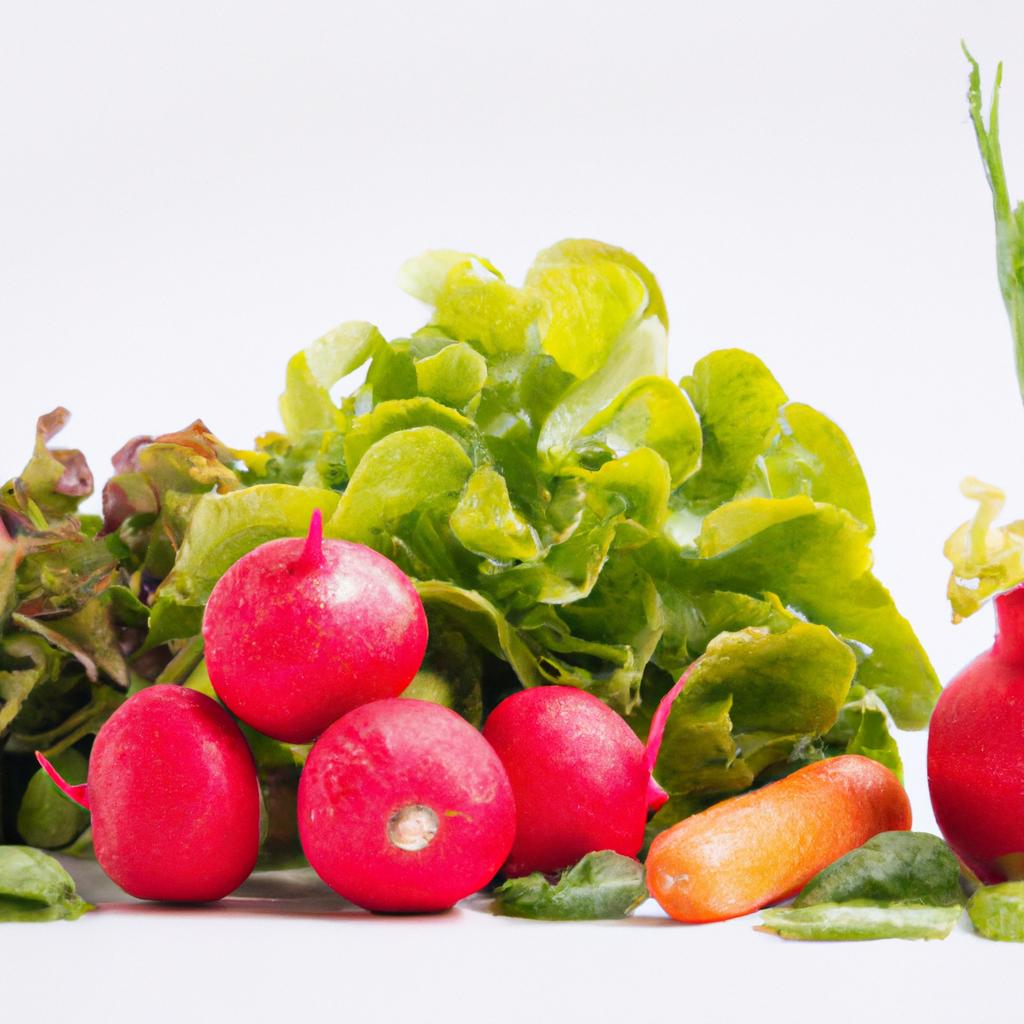The Role of Phytonutrients in Sports Nutrition: How Plant Compounds Enhance Athletic Performance and Recovery.
# The Role of Phytonutrients in Sports Nutrition: How Plant Compounds Enhance Athletic Performance and Recovery
In the ever-evolving landscape of sports nutrition, athletes and fitness enthusiasts are continually seeking ways to enhance performance and expedite recovery. While macronutrients like carbohydrates, proteins, and fats dominate dietary discussions, an often-overlooked element plays a crucial role in supporting physical activity: phytonutrients. These bioactive compounds found in plants not only contribute to overall health but also offer specific benefits that can enhance athletic performance. This blog will delve into the significance of phytonutrients in sports nutrition, providing valuable insights on their role, practical tips for incorporation, and the health benefits they offer.
## Understanding Phytonutrients
### What Are Phytonutrients?
Phytonutrients, also known as phytochemicals, are natural compounds derived from plants. They are responsible for the vivid colors, flavors, and aromas of fruits, vegetables, grains, and legumes. Unlike vitamins and minerals, phytonutrients are not essential for basic survival but can significantly contribute to optimal health and performance when included in the diet.
### Types of Phytonutrients
Phytonutrients can be broadly classified into several categories, each with distinct health benefits:
– **Flavonoids**: Found in berries, apples, onions, and dark chocolate, these compounds are known for their antioxidant properties.
– **Carotenoids**: Present in carrots, sweet potatoes, and spinach, carotenoids support immune function and eye health.
– **Glucosinolates**: Found in cruciferous vegetables like broccoli and kale, these compounds may aid in detoxification and anti-inflammatory processes.
## The Impact of Phytonutrients on Athletic Performance
### Enhancing Endurance and Stamina
Phytonutrients can help boost endurance by improving blood flow and oxygen delivery to muscles. For instance, beetroot juice, rich in nitrates, has been shown to enhance exercise performance by increasing nitric oxide levels, which dilate blood vessels and improve circulation.
### Reducing Inflammation and Muscle Soreness
Intense physical activity often leads to inflammation and muscle soreness. Phytonutrients with anti-inflammatory properties, such as curcumin found in turmeric and resveratrol in grapes, can help reduce inflammation and promote faster recovery. This means athletes can train harder and more frequently without the prolonged effects of soreness.
## Nutrition Tips for Incorporating Phytonutrients
To maximize the benefits of phytonutrients in your diet, consider the following tips:
1. **Eat a Rainbow**: Aim for a variety of colorful fruits and vegetables in every meal. The more colors on your plate, the broader the spectrum of phytonutrients you will consume.
2. **Choose Whole Foods**: Opt for whole foods over processed items. Whole fruits, vegetables, nuts, and grains retain more phytonutrients than their refined counterparts.
3. **Experiment with Herbs and Spices**: Incorporate herbs and spices like ginger, garlic, and cinnamon into your meals. These are not only flavorful but also packed with beneficial phytonutrients.
## Exercise Advice for Maximizing Recovery
### Timing Your Nutrient Intake
The timing of nutrient intake can significantly affect recovery. Consuming a combination of carbohydrates and proteins soon after workouts, along with phytonutrient-rich foods, can help replenish glycogen stores and promote muscle repair. A smoothie made with spinach, banana, and protein powder is a perfect post-workout option.
### Hydration and Phytonutrients
Staying hydrated is essential for athletic performance. Incorporating phytonutrient-rich beverages like green tea or smoothies can provide hydration while delivering additional health benefits. Green tea, for instance, is rich in catechins, which have been shown to enhance fat oxidation.
## Health Benefits of Phytonutrients
### Supporting Immune Function
Regular exercise can sometimes weaken the immune system. Phytonutrients like vitamin C, found in citrus fruits, and flavonoids can help bolster immune responses, ensuring athletes stay healthy and can train consistently.
### Promoting Heart Health
Many phytonutrients contribute to cardiovascular health by improving cholesterol levels and reducing blood pressure. This is particularly beneficial for athletes who require optimal heart function for endurance sports.
### Enhancing Mental Clarity and Focus
Certain phytonutrients, such as those found in blueberries, may enhance cognitive function. Improved mental clarity and focus can be critical during training and competition, allowing athletes to perform at their best.
## Conclusion
Incorporating phytonutrients into a sports nutrition plan offers a multitude of benefits that enhance both athletic performance and recovery. By focusing on a diverse, plant-based diet rich in colorful fruits and vegetables, athletes can leverage these powerful compounds to reduce inflammation, boost endurance, and improve overall health. Ultimately, phytonutrients are not just an addition to a well-rounded diet; they are a vital component in the journey toward achieving peak athletic performance.















Post Comment